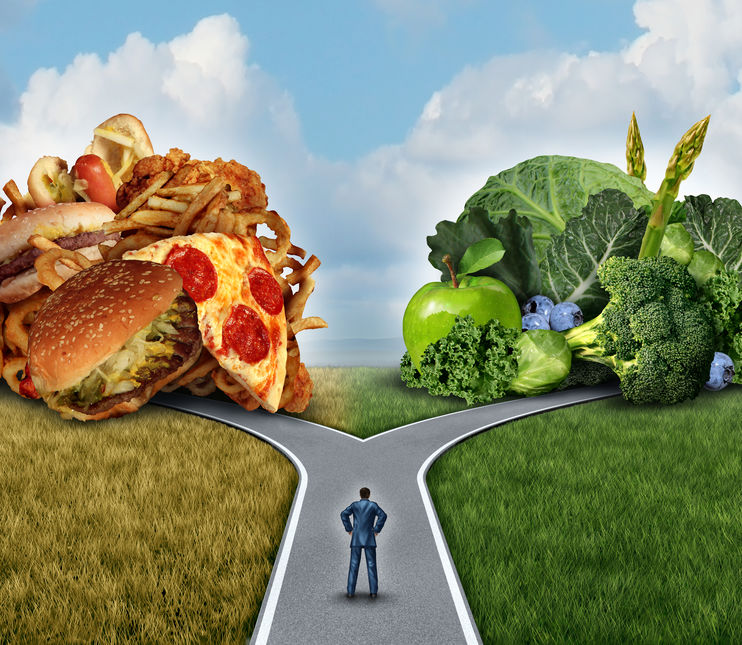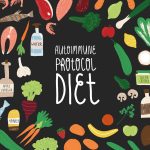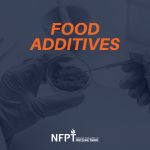
With summer approaching, it’s common to hear clients talk about “getting back” on a diet in an effort to achieve their “beach body”. This mentality of either being “on” or “off” a diet usually indicates that the client has yet to find a way to balance their goals with their lifestyle.

It’s currently popular in the fitness industry to be anti-diet, as the rigors of setting food boundaries can create an abnormal or unhealthy relationship with food. While helping their clients create a healthy relationship with food is an admirable goal for trainers to strive for, discovering his or her own individual optimum nutrition may be more empowering.
Clients often look to fitness professionals to learn healthier eating habits, but the term “healthier” is subjective and highly contextual. Any advice or guidance given should depend on the client’s history and goals. Still, it’s incumbent upon the client to try a variety of strategies in an effort to understand their own body and how it responds to changes. Help your client figure out what works and what doesn’t by encouraging him to try different approaches, tracking both objective and subjective progress.
Why is it so difficult to figure out how to eat healthfully? To start, our food decisions are dictated by a variety of factors: social pressure, evolutionary biology, stress reduction habits, psychological patterning, balancing short-term satisfaction with long-term goals, and a disconnect between actions and outcomes.
Social Pressures and Dieting
One of the most common places for a client to deviate from their nutrition plan is social gatherings, especially around the holidays. Almost all social events are centered around either food, alcohol, or both. It can be difficult for a client to attend parties or get-togethers because they know that they will be faced with pressure to engage in habits they are trying to change.
It’s also inherent in our biology to want to be a part of the group. No one wants to feel like an outsider, and even just saying no to food or drinks can make us feel like we’re missing out on a communal activity. The desire to be a part of the group can be overwhelming, and this is an instance when a client should have one or more strategies in place to cope.
The very act of saying “no” to food or drinks that everyone else is consuming can make your client feel like they are not acting “normal”. This feeling of being an outsider creates that distinction between their actions on a “diet” and their actions when they are behaving “normally”.
Why We Like Junk Food: The Neuroregulation of Appetite
Humans tend to follow Optimal Foraging Theory when left to their own devices. Optimal Foraging Theory states that an animal will seek out food with the most energy (calories) for the least amount of energy expenditure (work).
For animals in the wild, and when humans were still hunting and gathering, this model of behavior accounted for periods of food scarcity. Over a long enough timeline, an animal that could not replace the energy it expended or create a surplus of calories would die of starvation. In our modern environment, we can sit on our couch and order thousands of calories of food to our door with a few taps on a smartphone. Because we no longer have to search for or chase our food, it is exponentially easier to overeat.
When we put more effort into our food choices we necessarily act against our biological instincts. In this age of abundance, convenience, and hypercaloric and hyper-palatable foods, it is necessary to counteract our instincts in order to help prevent or mitigate chronic diseases of lifestyle and affluence. This constant vigilance and nonconformity to how we are hardwired contribute to the partitioning of “diet” behaviors and “normal eating” behaviors.
“Treat Yo’ Self” is Not the Same as Self-Care
It’s unquestionably easier to come home after a stressful day and open a bottle of wine, order food from Postmates and continue your latest Netflix binge-watch than it is to cook dinner yourself and go for a walk. The normalization of frequent consumption of alcohol and high-calorie food, and the biological drive to do as little work as possible for that food contribute to the perpetuation of habits centered around reward.
“I’ve had a hard day, and I deserve to relax.”
If this situation sounds familiar, that shouldn’t be a surprise. These activities all produce dopamine, the feel-good hormone that is responsible for our feelings of reward and pleasure, among other things. In the short term, these activities relieve stress, and that is the immediate concern of this individual. However, in the long term, these activities are more likely to produce unwanted health outcomes.
When a client makes the decision to change their exercise and nutrition habits, it’s likely that they will have trouble adjusting their concept and practice of stress relief. Making healthy behavior changes may be experienced as acts of rebellion against social pressures and biological drives that only produce benefits if adhered to consistently over time. Long-term benefit versus short-term reward.
They are also fighting their behavior patterns and routine, and engaging in activities that, in their subconscious perception, provide questionable benefit. It’s these times when remembering the “why”– the central reason–of behavior change is paramount.
How are these hard, not-fun choices bringing me closer to my goal? Why am I doing this to myself? It’s important to remind our clients that these moments of discomfort are when growth and change take place. The routines and habits this person built over a lifetime, what she has come to recognize and understand as “normal” behaviors, have to change if she wants a different quality of life. The struggle between “normal” behaviors and “diet” behaviors occurs frequently because many people have not connected their behaviors to their core reasons for wanting to change.
Disconnect Between Dieting Actions and Outcomes
Diets are very effective at getting people to lose weight, but the problem is that there’s rarely a plan for afterward. Many diets are so restrictive that they can often cause a rebound effect because of perceived scarcity of certain foods that our brains have come to recognize as treasure troves of dopamine.
The following questions should be considered when deciding whether or not to omit certain foods in an individualized nutrition approach.
- What does this food do for you physically?
- What does it do for you emotionally?
- Are you able to easily leave some of this food uneaten, or are you driven to consume all of it?
- Does consuming this food cause you to binge on other foods?
For some people, certain foods trigger behaviors that are aligned with addiction. Some people can have a bite of a dessert and then push it away with no trouble. For others, the mere sight or smell of a dessert can trigger unconscious biological mechanisms that drive them to consume that food and more. The psychological effects of food are equally important as the physiological effects in understanding how often, if at all, to include certain foods, and what to expect when they are consumed.
It’s important to remember that individuals can have wildly different outcomes to the same foods. Peanuts and shellfish are perfect examples. For some people, these foods are staples. For others, even touching them can cause death.
In a less extreme example, certain food intolerances can contribute to unwanted health outcomes. An elimination diet can highlight the effects certain foods have on one’s health and well-being. It is an effective approach to become more conscious of food choices rather than blindly following a fad diet or “cleanse”. Discovering one’s own bio-individuality is crucial for developing an approach to nutrition that doesn’t feel like someone else’s rules govern their eating habits. Figuring out an individualized approach, however, takes time, effort, and a lot of trial and error. Yet, this nutritional autonomy will lead to greater self-efficacy for the client and a more balanced and informed relationship with their food choices.
Breaking the “Diet” Cycle
Many clients come to us having gained and lost the same weight over and over again. Help them break free from this cycle by empowering them to take ownership of their choices, even the unconscious ones. Challenge them to consider how they cope with the stresses of work, family, and social gatherings. Encourage them to try out new things. Provide them with your observations as they may not notice certain behavior patterns they engage in. Do everything you can to help them become informed, independent, and confident in their choices.
It may not be easy, but helping your client forge a new path for themselves will result in tremendous rewards for you both.






